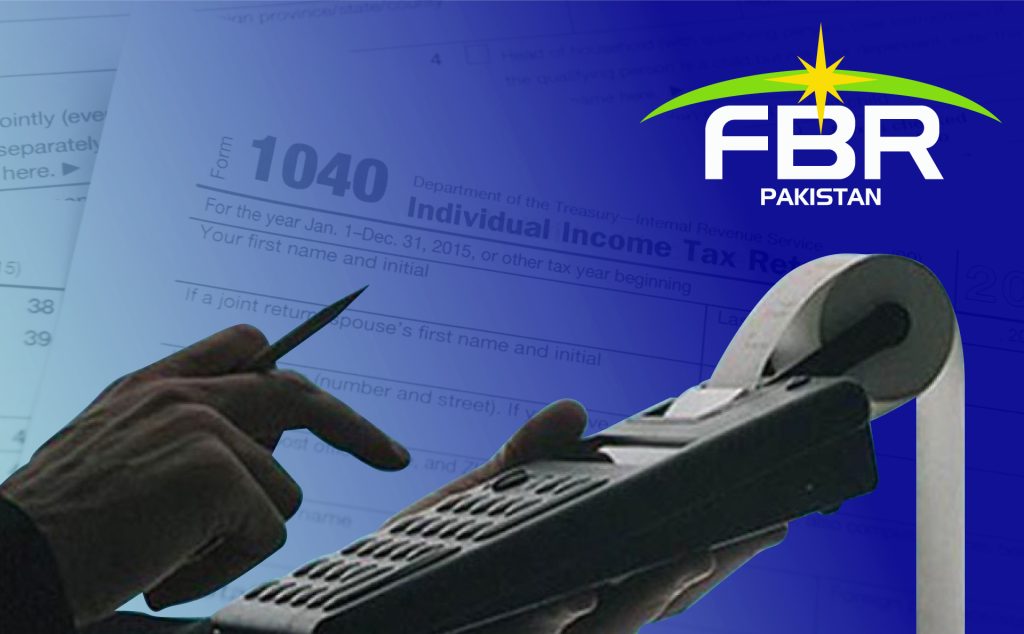The Federal Board of Revenue (FBR) in Pakistan has recently announced a set of reforms to its clearance system aimed at enhancing efficiency and reducing delays in customs procedures. What’s more, these reforms have been introduced without relying on external loans or financial aid, which marks a significant shift in the way Pakistan is addressing its trade and economic challenges. Here’s a breakdown of the reforms and their potential impact on businesses and the broader economy.
What Are the Key Reforms in the Clearance System?
The FBR’s reforms focus on streamlining and modernizing Pakistan’s clearance system, with the goal of making trade processes faster, more transparent, and more efficient. These reforms will have a direct impact on the clearance of goods at ports, helping businesses save time and reduce the cost of importing and exporting goods.
- Digitalization of the Clearance Process
One of the most significant aspects of the FBR’s reforms is the digitalization of the entire clearance process. The introduction of automated systems for processing and tracking goods will reduce paperwork, lower the chances of errors, and speed up the movement of goods through Pakistan’s ports. This move towards e-customs is expected to make the clearance system more efficient, reducing congestion and delays. - Improved Transparency and Accountability
The FBR aims to introduce greater transparency into the clearance process by using technology to monitor and manage customs operations. This will help reduce instances of corruption or malpractice and ensure that businesses and traders are treated fairly, making Pakistan’s ports more attractive for international trade. - Elimination of Redundant Processes
The new system also aims to eliminate redundant processes that often lead to delays and inefficiencies. By simplifying the clearance procedure, the FBR hopes to create a smoother, faster process for both importers and exporters. - Training and Capacity Building
In addition to the digital overhaul, the FBR is also investing in the training and capacity building of its officers and staff to ensure they can efficiently handle the new system. This will enhance the overall effectiveness of the reform and ensure that it can be implemented without major disruptions.
Why Is This Reform Important for Pakistan?
The FBR’s decision to reform the clearance system is part of a broader effort to improve Pakistan’s economic outlook and encourage growth in trade and business. Here’s why this is crucial:
- Boosting Trade Efficiency
By improving the clearance process, businesses in Pakistan will be able to move goods more efficiently, reducing delays at ports and ultimately lowering the cost of doing business. This can make Pakistan a more attractive destination for international traders and foreign investors, boosting the country’s exports and improving its trade balance. - No Dependency on Loans
The FBR’s reforms have been introduced without relying on external loans, marking a shift towards more sustainable and self-reliant economic solutions. This is significant for Pakistan, as it demonstrates that the country can make impactful reforms without increasing its debt burden, which has been a major concern for the government. - Supporting Local Businesses
Streamlining the clearance process will benefit local businesses by reducing the time and cost involved in importing raw materials and exporting finished products. This could lead to greater competitiveness in the international market and stimulate business growth across various sectors of the economy. - Attracting Foreign Investment
A more efficient clearance system will make Pakistan a more attractive option for foreign investors. With reduced trade barriers and improved transparency, international companies are likely to view Pakistan as a more reliable partner for trade and investment.
What Will Be the Impact on Businesses?
For businesses in Pakistan, the impact of these reforms is expected to be largely positive:
- Faster Turnaround Times: Reduced clearance times will allow businesses to get goods in and out of the country more quickly, helping them meet deadlines and reduce inventory costs.
- Cost Savings: Lower costs associated with clearance processes, such as reduced port fees and fewer delays, will lead to savings that businesses can reinvest in other areas of their operations.
- Improved Global Competitiveness: As Pakistan’s trade processes become more efficient, local businesses can compete more effectively in international markets, enhancing the country’s overall economic growth prospects.
How Will These Reforms Affect Pakistan’s Economy?
The broader implications for Pakistan’s economy are significant:
- Improved Ease of Doing Business
With the digitalization of the clearance system, Pakistan is improving its ease of doing business ranking, which is critical for fostering both local entrepreneurship and attracting international trade partners. - Increased Revenue Collection
More efficient and transparent customs operations could lead to better revenue collection for the government. The new system will reduce opportunities for smuggling and underreporting, ensuring that duties and taxes are properly collected. - Strengthened Trade Relationships
By improving trade efficiency and ensuring fair practices, Pakistan can strengthen its trade relationships with other countries. This could open the door to new trade agreements and partnerships, benefiting the country’s long-term economic development.
Conclusion
The FBR’s reforms to the clearance system represent a pivotal moment for Pakistan’s economy. By embracing digitalization, improving transparency, and eliminating inefficiencies, Pakistan is positioning itself to become a more competitive player in the global market. These reforms are not just about streamlining customs; they’re about creating a stronger, more self-sufficient economy that can attract investment and support business growth without relying on loans.
For businesses, both local and international, these reforms offer a unique opportunity to operate in a more efficient, transparent, and cost-effective environment. The future of Pakistan’s trade and business landscape looks brighter with these changes, and they mark a step towards economic sustainability and growth.



Comments (0)
No comments yet. Be the first to comment!
Leave a Comment